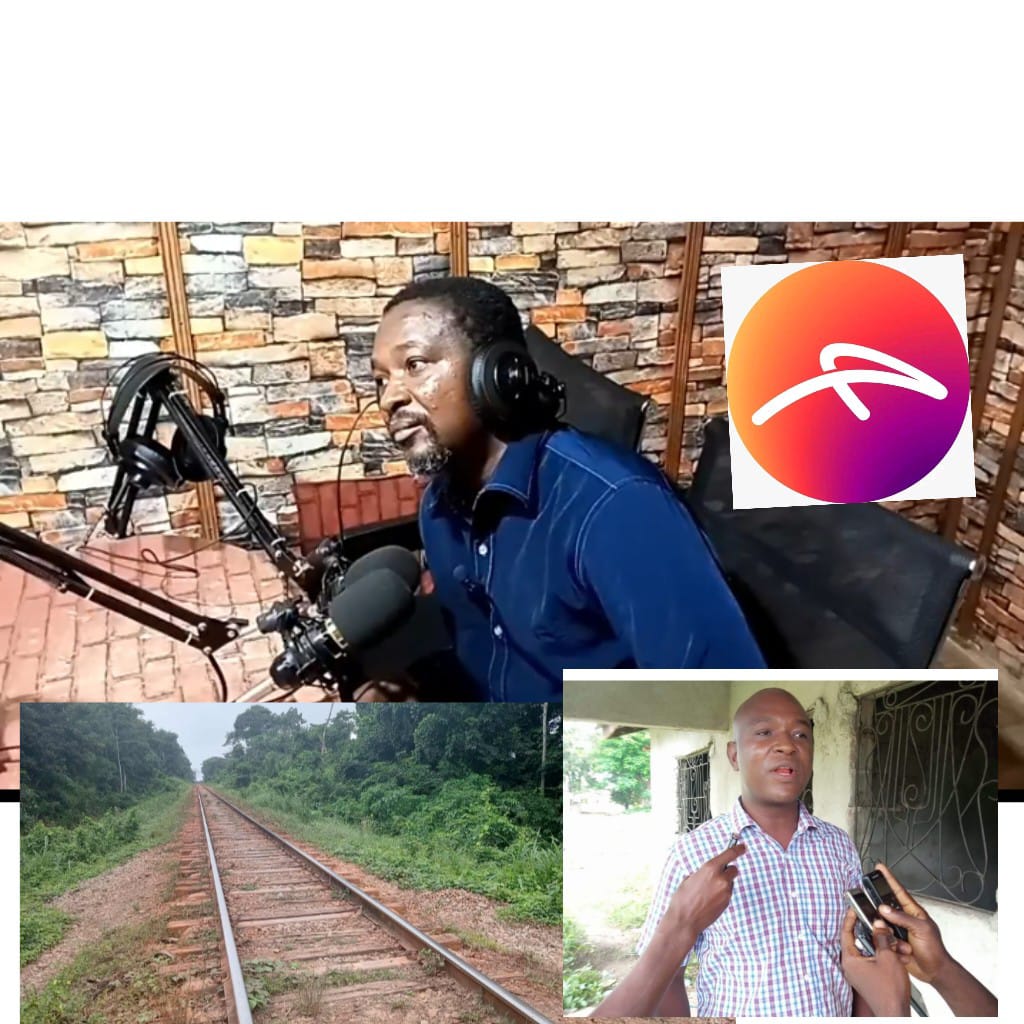By : P Uriah Suah suahuriah86@gmail.com
Ganta, Nimba County – In a shift from years of activism and protests, Armstrong Gobac Selekpoh, former senatorial candidate, Executive Director of Nimba Education Guide and a leading advocate in the ArcelorMittal Liberia (AML) concession area, has officially endorsed the decision by the citizens of Nimba, Bong, and Grand Bassa counties to continue working with the multinational steel giant.
In a public statement, Selekpoh called for fair, balanced, and impartial negotiations between the Government of Liberia, AML, and citizens of the affected communities.
“It is about time that we all stop the combative approach and negotiate for a better deal for all,” he stated.
He urged his supporters and the wider public to give the ongoing negotiation process a chance while encouraging leaders to increase community consultations before the new agreement is finalized.
Reflecting on his advocacy journey, Selekpoh acknowledged organizing or supporting between 32 to 50 demonstrations over the years. “We fought for our voices to be heard. We wanted the company to open up so we all could have a say in how things were run,” he recounted. “I saw it as a revolution. We made sacrifices for the good of our communities.”
His passion for advocacy, he said, was rooted in personal responsibility and a desire for change, particularly given his heritage from district 3, one of the impacted areas in Nimba county. According to Selekpoh, years of pressure and negotiation have yielded tangible improvements.
He hailed the recent appointment of Jallah Selmah, the first Liberian General Manager of ArcelorMittal Liberia, as a landmark achievement in local inclusion. “For the first time, we have a Liberian serving as General Manager — something we pushed for over the years,” Selekpoh said.
Under Selmah’s leadership, the company reportedly hired 180 community members in its first wave of recruitment, with more jobs expected in subsequent phases. Selekpoh also cited structural reforms in how community development funds are handled. Previously, 20% of AML’s community development allocation was managed by county authorities, often without transparency.
“The county administration was not managing the resources properly, so we fought to have that money directly controlled by the affected communities,” he explained.
An agreement was reached, and AML now withholds and directly implements development projects in partnership with local communities.
“Now, community members are the ones proposing and implementing their own projects. That was never the case before,” he added.
Selekpoh also highlighted increased Nimba representation within the company. “There’s no department within ArcelorMittal Liberia now that doesn’t have Nimbaians. We’ve worked hard to ensure locals occupy influential positions,” he said.
He also praised AML for committing $40 million to road development, notably the long-delayed Sanniquellie to Yekepa road, where grading and early-stage paving have already begun. “This was never done in the past. Today, it’s happening. That’s progress,” Selekpoh asserted.
Selekpoh emphasized the importance of open communication between AML leadership and affected communities. He recounted how a rare meeting with the company’s CEO led to direct engagement with traditional leaders and residents. “That kind of access and willingness to listen was unthinkable years ago,” he said.Despite his endorsement, Selekpoh stressed the need for continued vigilance and community involvement.
“Let’s give this process a chance, but let’s also ensure our leaders consult with the people before any final agreement is signed.”As Liberia prepares for a new phase in its concession management with ArcelorMittal, Selekpoh’s statement marks a key moment of reconciliation and hope for greater community-company collaboration.

